Pharmacy Pharmacy - Recruitment finished
Uniform Master's studies
Pharmacy
Why should you choose this field?
Pharmacy is widely regarded as one of the most prestigious fields of study in Poland, offered only by the best universities. It is considered a demanding but rewarding pursuit. Wherever the health of another person is at stake, the highest standards of education are required. Pharmacy studies at VIZJA University provide the highest quality of education, ensured by brilliant, experienced, and dedicated lecturers.
By choosing to study pharmacy, you will learn comprehensively about active substances used in medicine and how they interact. By studying you will find answers to questions such as what is the pharmaceutic phase, the pharmacokinetic phase, and the pharmacodynamic phase. You will explore the step by step process of drug manufacturing and discover the difference between lozenges and tablets, wet cough syrup, and dry cough syrup. Moreover, you will learn how to explain pharmaceutical knowledge to patients in a simplified, more accessible way. You will understand metabolic pathways and drugs’ targets
* Before studying, read the contents of the curriculum or consult a doctor or a pharmacist…
What sets us apart?
- VIZJA University is the first and only non-public university in Poland that provides studies in pharmacy!
- Studies are conducted in cooperation with the elite Department of New Technologies and Chemistry of the Jarosław Dąbrowski Military University of Technology – using cutting edge laboratory infrastructure!
- Studies are conducted in cooperation with prestigious business and scientific partners (e.g., the Transfer of Science Institute, the prof. Wacław Dąbrowski Institute of Agricultural and Food Biotechnology – State Research Institute).
- We emphasize practice – we stress the importance of preparation towards real-life scenarios of work in pharmacies, pharmaceutical industry, and research laboratories.
- Emphasis on training skills to provide pharmaceutical care.
- We are the leader among universities in terms of internationalization in Poland! Study in a cross-cultural environment with people from all over the world.
What can you do after graduation?

Although some pharmacy graduates take up employment in pharmacies, this choice is just one of many career paths open to you. Companies in the pharmaceutical industry are constantly looking for new highly educated employees with pharmaceutical qualifications, whose responsibilities are extremely diverse. This pathway includes, for example, drug registration specialists or new drug product research and development specialists. In addition, a common motivation for choosing to study pharmacy is also the desire to work abroad. The profession is among the few for which the principle of automatic recognition of qualifications applies in the European Union. This means that Polish pharmacy graduates can take up employment in any European Union country in a simplified manner. After studying pharmacy at VIZJA University, you will become a marketable specialist with the potential for high earnings. Already during your studies, you will meet our business partners who offer jobs to pharmacists in renowned pharmacies and the pharmaceutical industry overall – including abroad. You will also be prepared to provide pharmaceutical care, work in teams involved in clinical drug trials and research, and development laboratories working on new drugs.
Partners
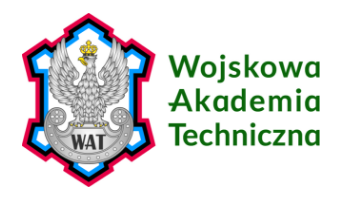
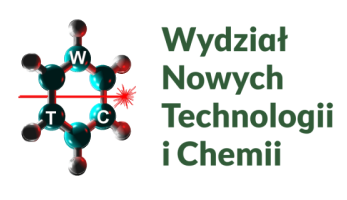



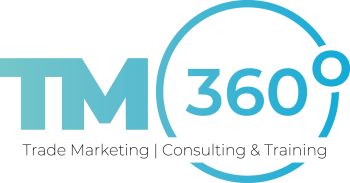

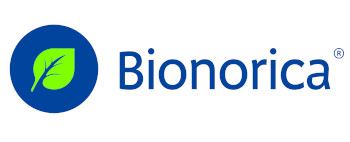
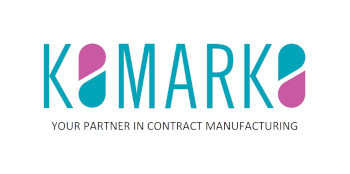
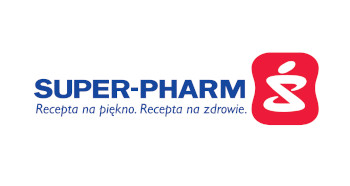


This is the right programme for you if:



Admission rules and regulations
Note: important information for 2025 candidates
Please read carefully the application procedures in line with the changes introduced by the Polish Ministry of Science and Higher Education in 2025.
Pharmacy - what should a candidate know?
At the VIZJA University, the Pharmacy programme is available in two paths: studies without a preparatory semester and studies with a preparatory semester.
The preparatory semester does not change the structure, program or duration of studies – it simply allows the completion of additional subjects.
All candidates who want to study Pharmacy in English are required to take a placement test at the beginning of the first semester.
The test checks the knowledge of Biology, Chemistry, Physics and Mathematics as well as the level of English for Pharmaceutical Industry. The positive test result entitles the candidate to apply for studies without the preparatory semester. Other candidates are obliged to complete the preparatory semester, during which they will improve their knowledge of the above-mentioned subjects and their level of English language in the Pharmacy field.
If you want to be a Pharmacy student – check the recruitment rules!
Programme and structure of studies
MASTER STUDIES
The curriculum implemented at the VIZJA University is fully compliant with The standard of education preparing for the profession of pharmacist. The curriculum has been supplemented with courses designed to make you as familiar as possible with important and current issues in the work of a pharmacist. Students will learn about currently popular issues related to radiopharmaceuticals, cosmeceuticals and dermopharmaceuticals, medical orthopedic and diagnostic self-application devices, and more. The study also includes a number of practical courses that prepare you for work in modern drug design R&D laboratories. Eager students will also be able to pursue optional additional course modules, e.g., military preparation, German language and intercultural preparation, pharmaceutical care. Our extensive network of partners provides opportunities for attractive apprenticeships, both mandatory and optional.
First year of studies
The first year of study focuses on courses designed to provide a well-established knowledge of the biomedical and physicochemical foundations of pharmacy. Among other things, students will learn the basics of general and inorganic chemistry, the fundamentals of biology and biophysics as well as human physiology and anatomy. The curriculum also includes social science courses that give a broader context to the pharmaceutical profession.
Semester I
| Subject name | Cummulative amount of ECTS points | Cummulative amount of hours (FT/PT) |
|---|---|---|
| OHS | 0 | 8 |
| General and inorganic chemistry (I) | 6 | 75 |
| Biology with genetics | 3 | 45 |
| Biophysics | 2 | 20 |
| Mathematics | 3 | 45 |
| Psychology and sociology | 2 | 30 |
| Latin | 2 | 30 |
| Advanced first aid | 3 | 30 |
| Electives | 4 | 30 |
Semester II
| Subject name | Cummulative amount of ECTS points | Cummulative amount of hours (FT/PT) |
|---|---|---|
| General and inorganic chemistry (II) | 5 | 60 |
| Pharmaceutical botany | 7 | 90 |
| Statistics | 3 | 40 |
| Physiology | 7 | 60 |
| Human anatomy | 4 | 45 |
| Pathophysiology | 4 | 60 |
| History of pharmacy | 1 | 15 |
| History of philosophy | 1 | 15 |
| Foreign language | 2 | 30 |
In the first semester of study, the student chooses a total of 1 from a pool of 2 elective courses. The list includes the following:
- Organization and Management Theory
- Fundamentals of Economics;
Second year of studies
The second year of study continues the courses concerning the physical and chemical foundations of pharmacy. The main emphasis is on imparting the comprehensive chemical knowledge necessary to understand diverse pharmaceutical issues. From the second year onward, courses in drug analysis, synthesis and technology as well as biopharmaceutics, begin.
Semester III
| Subject name | Cummulative amount of ECTS points | Cummulative amount of hours (FT/PT) |
|---|---|---|
| Analytical chemistry (I) | 6 | 75 |
| Organic chemistry (I) | 4 | 60 |
| Synthesis and identification of organic compounds | 5 | 65 |
| Biochemistry | 8 | 105 |
| Bromatology | 3 | 45 |
| Self-use orthopedic and diagnostic medical devices | 4 | 60 |
| Foreign language | 2 | 30 |
| Sports and recreational activities | 0 | 30 |
Semester IV
| Subject name | Cummulative amount of ECTS points | Cummulative amount of hours (FT/PT) |
|---|---|---|
| Analytical chemistry (II) | 6 | 75 |
| Organic chemistry (II) | 4 | 60 |
| Physical chemistry | 6 | 80 |
| Molecular biology | 2 | 30 |
| Biomedical polymers, biomaterials, and nanomaterials | 4 | 45 |
| Pharmacokinetics | 2 | 30 |
| Molecular modeling and drug design | 5 | 75 |
| Foreign language | 2 | 30 |
| Sports and recreational activities | 0 | 30 |
Third year of study
The third year of study is a crucial period in the educational path for pharmacy students. Starting in the fifth semester, the curriculum includes courses devoted to drug chemistry and pharmacognosy, which are key subjects for pharmacy. The sixth semester also includes the implementation of a one-month summer internship (placement) in a retail pharmacy.
Semester V
| Subject name | Cummulative amount of ECTS points | Cummulative amount of hours (FT/PT) |
|---|---|---|
| Drug chemistry (I) | 10 | 160 |
| Pharmacognosy (I) | 7 | 90 |
| Immunology | 3 | 45 |
| Pharmacoepidemiology | 2 | 20 |
| Radiopharmaceuticals | 4 | 60 |
| Information technology | 2 | 30 |
| Clinical outline of diseases | 2 | 30 |
| Foreign language | 2 | 30 |
Semester VI
| Subject name | Cummulative amount of ECTS points | Cummulative amount of hours (FT/PT) |
|---|---|---|
| Drug chemistry (II) | 10 | 140 |
| Pharmacognosy (II) | 5 | 60 |
| Microbiology | 6 | 85 |
| Cosmeceuticals | 4 | 60 |
| Foreign language | 2 | 30 |
| Summer internship (placement) | 6 | 160 |
Fourth year of studies
The fourth year of study includes a number of courses to expand pharmacy-related knowledge and skills. The program includes courses in pharmacology and pharmacodynamics, drug technology, pharmacodynamics and toxicology, and more. After the fourth year, students complete the second part of their summer internship (placement).
Semester VII
| Subject name | Cummulative amount of ECTS points | Cummulative amount of hours (FT/PT) |
|---|---|---|
| Pharmacology and pharmacodynamics (I) | 8 | 120 |
| Pharmacotherapy and drug information | 5 | 65 |
| Drug form technology | 10 | 140 |
| Pharmaceutical biotechnology | 4 | 40 |
| Pharmacoeconomics | 3 | 60 |
| Electives | 4 | 45 |
Semester VIII
| Subject name | Cummulative amount of ECTS points | Cummulative amount of hours (FT/PT) |
|---|---|---|
| Pharmacology and pharmacodynamics (II) | 7 | 90 |
| Synthesis and technology of therapeutic agents | 7 | 105 |
| Toxicology | 8 | 125 |
| Electives | 4 | 60 |
| Summer internship (placement) | 6 | 160 |
In the fourth year of study, the student chooses a total of 2 from a pool of 4 elective subjects. The list includes the following:
- Dermatopharmaceuticals or Borderline products – dietary supplements;
- Standards and surveillance systems for drug testing, manufacturing and distribution, or Biomedical literature evaluation.
Fifth year of study
The fifth year of study includes a courses dedicated to showing the practical dimension of the pharmaceutical profession. The tenth semester is devoted exclusively to specialized tasks and the development of the master’s thesis.
Semester IX
| Subject name | Cummulative amount of ECTS points | Cummulative amount of hours (FT/PT) |
|---|---|---|
| Biopharmacy | 5 | 75 |
| Medicines of natural origin | 4 | 60 |
| Practical pharmacy | 3 | 45 |
| Clinical pharmacy | 8 | 115 |
| Pharmaceutical care | 5 | 75 |
| Pharmaceutical law | 3 | 45 |
| Evidence-based medicine and drug categorization | 4 | 60 |
| Ethics in pharmacy | 2 | 30 |
Semester X
| Subject name | Cummulative amount of ECTS points | Cummulative amount of hours (FT/PT) |
|---|---|---|
| Specialized tasks and research methodology | 15 | 345 |
| Preparation of the master’s thesis and preparation for the diploma examination | 5 | 30 |
Sixth year of study
After preparing the thesis and passing the diploma exam, the student is required to complete a six-month professional internship (placement) in a pharmacy.
Semester XI
| Subject name | Cummulative amount of ECTS points | Cummulative amount of hours (FT/PT) |
|---|---|---|
| Pharmacy internship (placement) | 33 | 960 |
The content of the study program may change as a result of efforts to improve the quality of education and adapt the teaching offer to the current challenges of the labor market. Each change is approved by the University Senate and introduced with the aim of preparing students for their future careers in the best possible way.
Tuition fees
Fixed tuition - flexible payments
By choosing to study at VIZJA University, you can be sure that the tuition fee will not change throughout the duration of your studies. You can pay the tuition fee once for the entire year of study or spread over a semester payment. This allows you to decide how you want to plan your expenses.
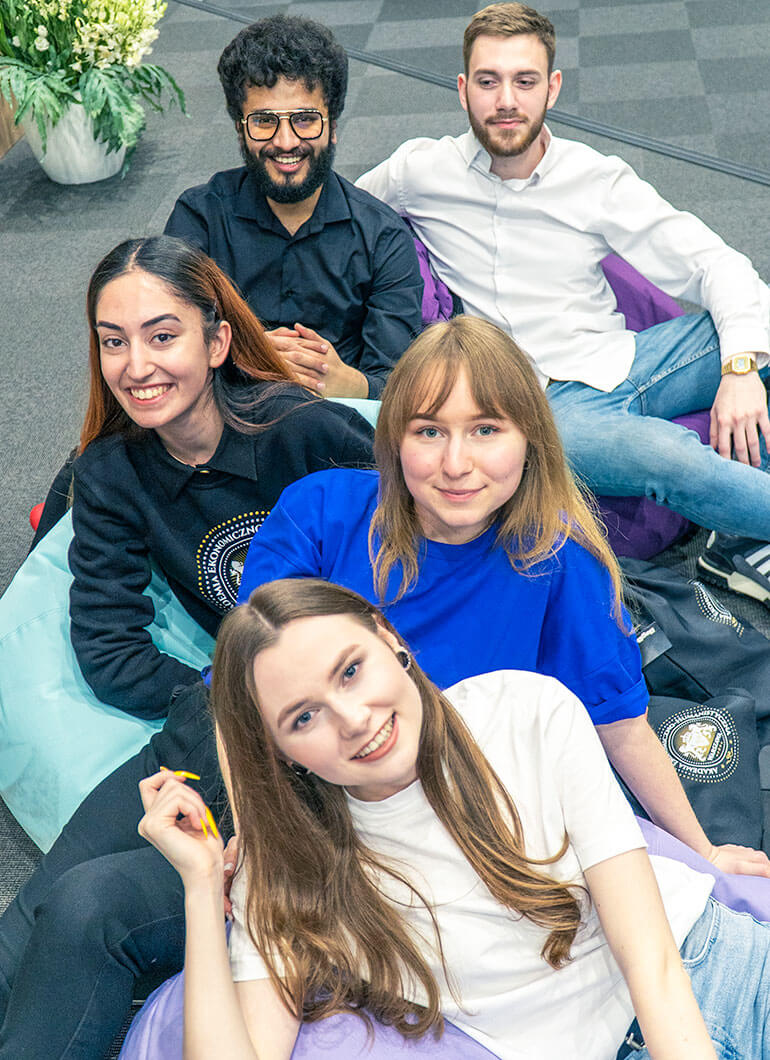
Fees (academic year 2025/2026)
EU&OTHER COUNTRIES GROUP
| Year of study | Annually | Per semester* |
|---|---|---|
| I | 8000 € | 4150 € |
| II | 8000 € | 4150 € |
| III | 8000 € | 4150 € |
| IV | 8000 € | 4150 € |
| V | 8000 € | 4150 € |
| VI | 6200 € | 6200 € |
*Semester payment is possible from the second year of studies.
OTHER COUNTRIES
| Year of study | Annually | Per semester* |
|---|---|---|
| I | 9000 € | 4650 € |
| II | 9000 € | 4650 € |
| III | 9000 € | 4650 € |
| IV | 9000 € | 4650 € |
| V | 9000 € | 4650 € |
| VI | 6900 € | 6900 € |
*Semester payment is possible from the second year of studies.
EU and other countries group
This group includes citizens of the countries member states of the European Union and the following countries citizens: Azerbaijan, Belarus, Bosnia and Herzegovina, Montenegro, Georgia, Kazakhstan, Kosovo, Kyrgyzstan, Latin America, Macedonia, Moldova, Norway, Russia, Serbia, Tajikistan, Turkey, Turkmenistan, Ukraine, Uzbekistan.
Other countries
The citizens of all the remaining countries.
Study in Polish!
Do you want to study at VIZJA University in Polish? It is possible! We have prepared a special program for international students to acquire the skills necessary for active study in Polish and for academic, social and everyday life in Poland.
The Comprehensive Polish Language Program for International Students is:
- part of The VIZJA University Foundation Program, which is a comprehensive preparation for starting regular Bachelor's or Master's studies in Polish at VIZJA University
- a course aimed at two groups of international students: students with knowledge of a Slavic language (Russian, Ukrainian, Czech etc.) and students without prior knowledge of any Slavic language
- a chance for immersion in Polish society and culture, authentic experience of life in Poland and broad career prospects on the Polish labour market
More details coming soon!
Scholarships - easier than you think
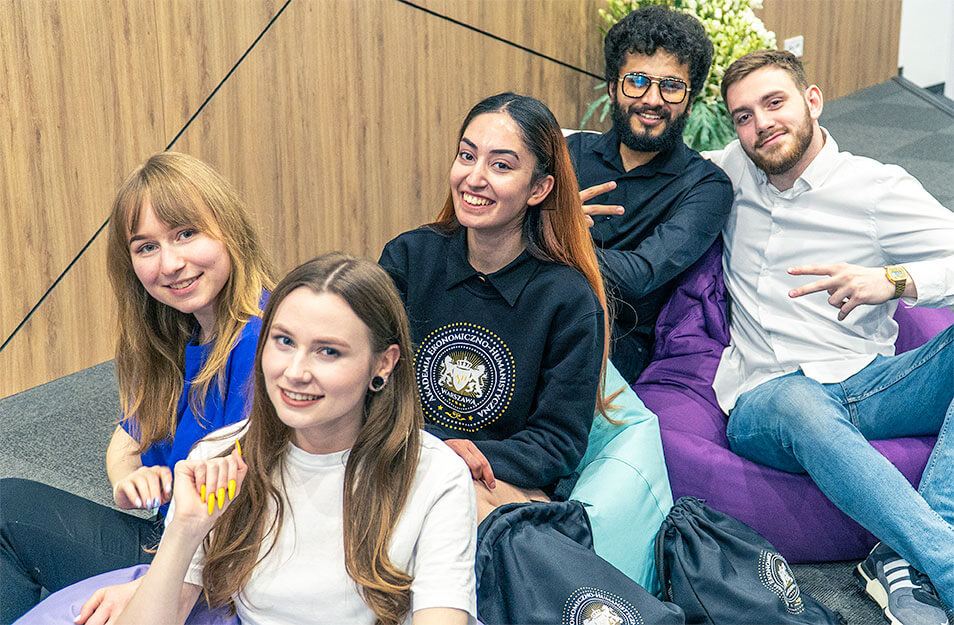
While studying at VIZJA University, you can take advantage of a wide range of financial support from the state budget and European funds, as well as benefit from special discounts with VIZJA University discount program
You can submit most scholarship applications quickly and easily through your online account.
In the academic year 2023/2024, VIZJA University awarded 800 Rector’s Scholarships, ranging from PLN 400 /month to PLN 1000 /month, depending on the average or achievements. For outstanding sport, artistic or scientific achievements, the Scholarship Committee awarded scholarships of PLN 600 /month.
Detailed information on the possibility of applying for the Rector’s Scholarship is available in the dean’s system.
A sports scholarship may be awarded to a student who excels in sport achievements at least national level. In addition we also encourage our students to take part in additional support programs- eg. the National Academic Representation.
Young sportsmen can count on financial support in the amount of PLN 600 /month.
Detailed information on the possibility of applying for sports scholarship is available in the dean’s system.
A scholarship for people with disabilities may be awarded to a student who has a disability certificate, a disability degree certificate, a ZUS certifying physician’s certificate, a disability group certificate or a certificate of permanent or long-term incapacity to work on a farm.
In the 2023/2024 academic year, depending on the degree of disability, 350 scholarships for people with disabilities were awarded, ranging from PLN 1700 /month to PLN 1900 /month.
Detailed information on the possibility of applying for a scholarship for people with disabilities is available in the dean’s system.
The allowance is a form of emergency financial assistance. Any student who found himself temporarily in a difficult life situation resulting from random events beyond the student’s control can apply for it.The allowance may be granted twice in one academic year, and the allowance is not granted twice for the same random event.
In 2024, we granted 51 allowances for a total of PLN 255 000. The allowances, depending on the student’s situation, were paid in the amount of PLN 2,000 to PLN 5,000 at a time.
Detailed information on the possibility of applying for the allowance is available in the dean’s system.
2023/2024 academic year
800 Rector’s Scholarships
51 allowances
350 scholarships for people with disabilities
12 500 000 PLN was spent in 2023/2024 on scholarships
PLN 1,890,289.35 was spent in 2019/2020 on scholarships
PLN 2,911,662.50 was spent in 2020/2021 on scholarships
PLN 4,158,177.00 was spent in 2021/2022 on scholarships
PLN 7,829,950.00 was spent in 2022/2023 on scholarships
Rector’s Scholarship – highest average: 5,44





